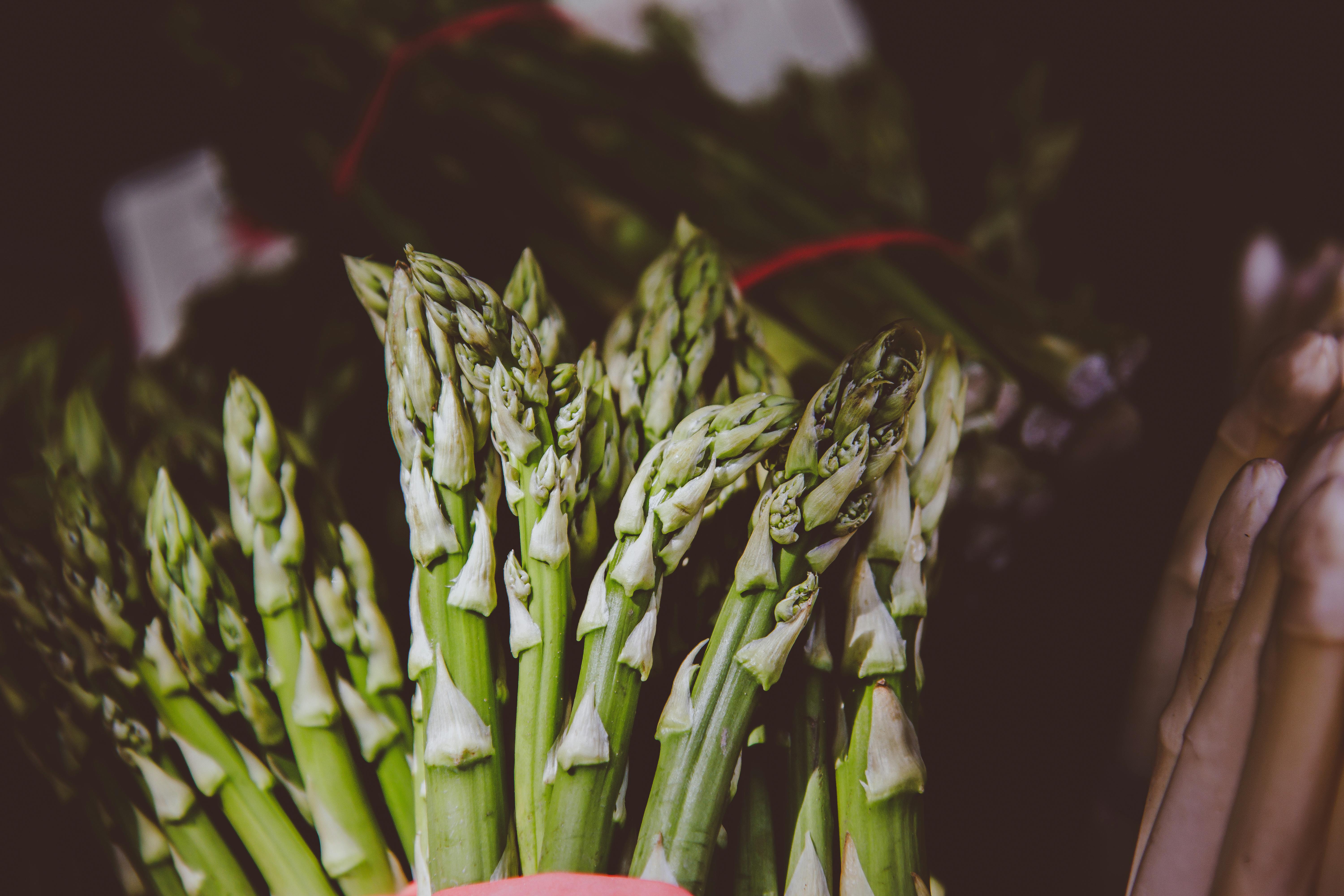Effective Ways to Increase Hemoglobin Levels in 2025

Maintaining optimal hemoglobin levels is crucial for overall health. Hemoglobin plays a vital role in transporting oxygen throughout the body, and low levels can lead to various health issues, including fatigue and anemia. In this article, we'll explore proven methods on how to effectively increase hemoglobin levels in 2025. Whether you're looking for dietary changes, supplements, or natural remedies, there's a wealth of information to help you boost your hemoglobin levels effectively.
Foods to Boost Hemoglobin
Nutrition is a powerful tool for improving hemoglobin levels. Including specific foods in your diet can enhance hemoglobin formation and boost your iron intake efficiently. Understanding your dietary choices is paramount to overcoming challenges associated with low hemoglobin levels.
Iron-Rich Foods
When it comes to **ways to increase hemoglobin**, incorporating **iron-rich foods** into your daily meals is essential. Foods such as red meat, poultry, fish, lentils, beans, and leafy greens like spinach are excellent sources of iron. Red meat and organ meats, such as liver, contain heme iron, which is easily absorbed by the body. On the other hand, non-heme iron from plant-based sources like beans and spinach also provides significant benefits, especially when accompanied by vitamin C for better absorption. To maximize iron intake, pairing these foods with vitamin C-rich fruits like oranges or strawberries can dramatically enhance **iron absorption**.
High Hemoglobin Foods
There are several **high hemoglobin foods** that are proven to help increase your levels. Include foods such as fortified cereals and foods high in folate like beans and lentils. Folate is crucial as it assists in red blood cell production. Additionally, consider including seeds and nuts as they not only supply iron but also healthy fats and protein.
Foods to Avoid for Anemia
When aiming to boost hemoglobin, it's equally important to recognize foods that can inhibit absorption. Certain foods, like dairy products, excessive caffeine, and high-calcium foods consumed with iron-rich meals, can reduce iron absorption significantly. It's advisable to monitor how these foods fit into your meal planning if you're experiencing low hemoglobin levels.
Importance of Vitamin C for Hemoglobin
Vitamin C plays a vital role in enhancing the absorption of iron in the body, thus directly impacting hemoglobin levels. Increasing your intake of vitamin C-rich foods fosters a more efficient iron utilization, supporting **hemoglobin formation** effectively.
Best Vitamin C Sources
Fruits and vegetables are rich in vitamin C and should be vital components of any diet aimed at increasing hemoglobin. Citrus fruits such as oranges, grapefruits, and lemons, alongside vegetables like bell peppers and broccoli, provide generous amounts of vitamin C. It's beneficial to include these in meals that contain iron-rich ingredients as they collectively work to **boost hemoglobin naturally**.
Meal Planning for Hemoglobin
When planning your meals, aim to align **healthy diet for hemoglobin** with multi-nutritional principles. Combine iron-rich foods, vitamin C sources, and items high in folate within your weekly meal prep. For instance, a salad with spinach (iron) topped with citrus dressing (vitamin C) alongside lentils offers a powerful balance, directly targeting hemoglobin improvement.
Importance of Hydration for Hemoglobin
Staying well hydrated is another key aspect of measuring your hemoglobin levels. Dehydration can result in concentrated blood components, potentially altering the efficiency of hemoglobin levels. Maintain optimal hydration and consider integrating herbal teas that support circulation and iron absorption, further contributing to your goal of increasing hemoglobin.
Supplements for Hemoglobin Enhancement
Sometimes dietary changes alone may not suffice in effectively elevating hemoglobin. In these cases, consider the use of **supplements for hemoglobin** elevation, while recognizing the importance of consulting with a healthcare professional before beginning any supplement regimen.
Iron Supplements for Hemoglobin
Iron supplements can be an efficient way to combat **hemoglobin deficiency**, especially among individuals diagnosed with anemia. They come in various forms, such as ferrous sulfate, ferrous gluconate, and more. Pay attention to the recommended **daily intake for hemoglobin**, as excessive iron may cause adverse effects, including constipation and abdominal discomfort.
Vitamin B12 and Folate for Hemoglobin
In addition to iron, **vitamin B12 and folate** are essential in fostering healthy red blood cells. They can be found in foods like dairy products, eggs, nuts, and fortified cereals. If you follow a strict vegetarian or vegan diet, opting for fortified products and possibly supplementation is vital to prevent deficiencies leading to low hemoglobin.
Natural Remedies for Hemoglobin Increase
Exploring **natural remedies for hemoglobin** can lead to effective results without the side effects of synthetic supplements. Herbal compounds like nettle, dandelion, and yellow dock root are often recommended in holistic health circles for their iron content. Consuming these as teas or tinctures can align with your dietary strategy, enhancing overall hemoglobin and health as a consequence.
Lifestyle Changes for Hemoglobin Health
In addition to dietary measures and supplements, various lifestyle changes can significantly affect **hemoglobin levels**. Incorporating regular physical activity and managing stress is crucial in supporting oxygen delivery throughout the body, which in turn helps maintain optimal hemoglobin levels.
Exercises to Improve Hemoglobin
Regular aerobic exercises like walking, jogging, or cycling can improve oxygen delivery and promote better circulation, positively influencing hemoglobin health. Aim for at least 150 minutes of moderate aerobic activity weekly; achieve and maintain physical activity levels that support cardiovascular health and blood production.
Understanding Hemoglobin Functions
A clearer understanding of **hemoglobin functions** sheds light on why these strategies are essential. Hemoglobin carries oxygen, and any factors negatively impacting its levels can lead to symptoms of anemia, such as fatigue and weakness. Understanding how your body uses iron and hemoglobin is crucial for making informed dietary choices and lifestyle adjustments.
Support for Hemoglobin Health
Reach out for support from healthcare professionals who can aid in monitoring and improving your hemoglobin levels. Regular **testing hemoglobin levels** should be part of routine check-ups, particularly if you're at risk for anemia. Doctors can provide personalized advice based on your health history, encouraging you to tackle low hemoglobin with the most effective strategies available.
Key Takeaways
- Incorporate iron-rich foods and enhance your meals with vitamin C to improve iron absorption.
- Consider supplements for hemoglobin under professional guidance, focusing on iron, vitamin B12, and folate.
- Regular exercise and proper hydration are crucial lifestyle changes supporting hemoglobin levels.
- Stay informed by monitoring your hemoglobin levels and adapting your diet and lifestyle accordingly.
FAQ
1. What are the symptoms of low hemoglobin?
Low hemoglobin levels often result in symptoms like fatigue, weakness, dizziness, and shortness of breath. Some people may also notice pale skin or cold hands and feet. Monitoring these symptoms can lead to early detection and treatment of hemoglobin deficiency issues.
2. How can I naturally boost my hemoglobin levels?
Increasing hemoglobin levels naturally involves consuming iron-rich foods, combining them with vitamin C, and ensuring a balanced intake of other essential vitamins such as B12 and folate. Staying hydrated and engaging in regular physical activity are also beneficial strategies.
3. What role does hydration play in hemoglobin production?
Hydration is essential as it helps maintain healthy blood volume and circulation. Proper hydration allows for better blood flow and efficient oxygen transport within hemoglobin, thereby improving overall levels and functionality.
4. Can I get enough iron on a vegetarian diet?
Yes, a vegetarian diet can provide sufficient iron through plant-based sources like lentils, beans, nuts, seeds, and leafy greens. Pairing these foods with vitamin C can enhance iron absorption, mitigating concerns regarding **hemoglobin deficiency**.
5. How often should I check my hemoglobin levels?
It's advisable to check hemoglobin levels periodically, especially if you're at risk for anemia due to dietary restrictions, chronic illness, or family history of blood-related conditions. Regular check-ups provide insight into your health and guide necessary dietary adjustments.

